READ - SBJ Marketing: No End in Sight for Make-Goods
Brands and their agencies are entering another round of make-good negotiations with teams. Experts from around the industry talked to Sports Business Journal’s Terry Lefton about the ongoing nature of this make-good season, including the POV of our own President & CEO Molly Arbogast. See the original SBJ Marketing newsletter here.
NO END TO MAKE-GOOD SEASON
As MLB reaches its ninth inning, and the NFL nears its halfway point, one season shows no sign of ending. For sponsors and their agencies, it’s been make-good season since the pandemic began -- and it will be for some time to come. “Since March, we’ve been either negotiating or renegotiating,’’ said Momentum Worldwide Chair & CEO Chris Weil, whose client roster includes heavy sports spenders like American Express, Verizon and Subway. “Figuring out the current value of any sports venue deal when there are no or few people in them is something none of us have ever done."
Then there’s the not-inconsiderable matter of how many fans will be permitted at venues next year. Adding to that opaqueness is the lack of specificity regarding a schedule, especially after a year in which the NHL and NBA postseasons finished in the fall. Brands that sponsor sports typically make their plans 12-18 months out. "Confusion in the sports calendar is making brands more conservative," said Molly Arbogast, Founder & CEO of POV Sports Marketing.
As MKTG Canada Chair Brian Cooper explained: “Companies align with properties because their season matches their peak sale seasons. How will that change?" One agency Senior VP said: “We’ve moved from short-term blocking and tackling to, ‘How can we protect our clients, when we don’t even know when seasons will start?' Some are writing into contracts that a third-party expert will establish valuations later, but that’s like saying we’ll get a weatherman now to tell us the February temperatures."
As Verizon sponsorship chief Rob McQueen put it: “We need to engage consumers on site, so we’re looking hard at what kind of value is meaningful now."
WHAT DOES THE NEAR FUTURE OF MAKE-GOODS LOOK LIKE?
From a once-consistent world of pricing and value, things have obviously changed. “We’ve all had conversations about make goods for our make goods," said Peter Stern, founder & president of The Strategic Agency. “There’s an ever-changing virtual rate card out there somewhere we’re all trying to find."
Brands are now trying to build as much contractual relief into new sponsorships as possible. Force majeure clauses have expanded from paragraphs to novellas. “The number one challenge in any new deal is defining force majeure more comprehensively," said McQueen.
Across the industry, there are scenarios written into contracts that never were previously. “We’ve gone from contract specifics on canceled games to specifics on canceled seasons, and how much missing X percent of fans means," said Molly Arbogast, whose client roster includes Wawa convenience stores, First Trust Bank and Bimbo Bakeries. “We’re even defining the value of missed away games; we all know better now."
Pac 12 Networks Exec VP/Sales Steve Tseng added that while cash refunds have long been anathema for properties, in some recent contracts, they’ve specified to the penny. Paragon Marketing Group Exec VP & partner Tony Schiller said in some recent deals, force majeure clauses have been eliminated -- any shortfall is defined as lost value. “The principal there is, ‘I’m buying 10 widgets, so let’s talk about what happens if you don’t deliver,'" he said.
At Circuit of the Americas in Austin, AutoNation earlier this year went from title sponsor of an IndyCar race to titling the virtual race which replaced it. COTA CRO Tim Prukop said his staff completed make-goods for 16 sponsors over the past 45 days. “Basically, now we’re building the make-goods into our agreements," he said.
Author: Terry Lefton
